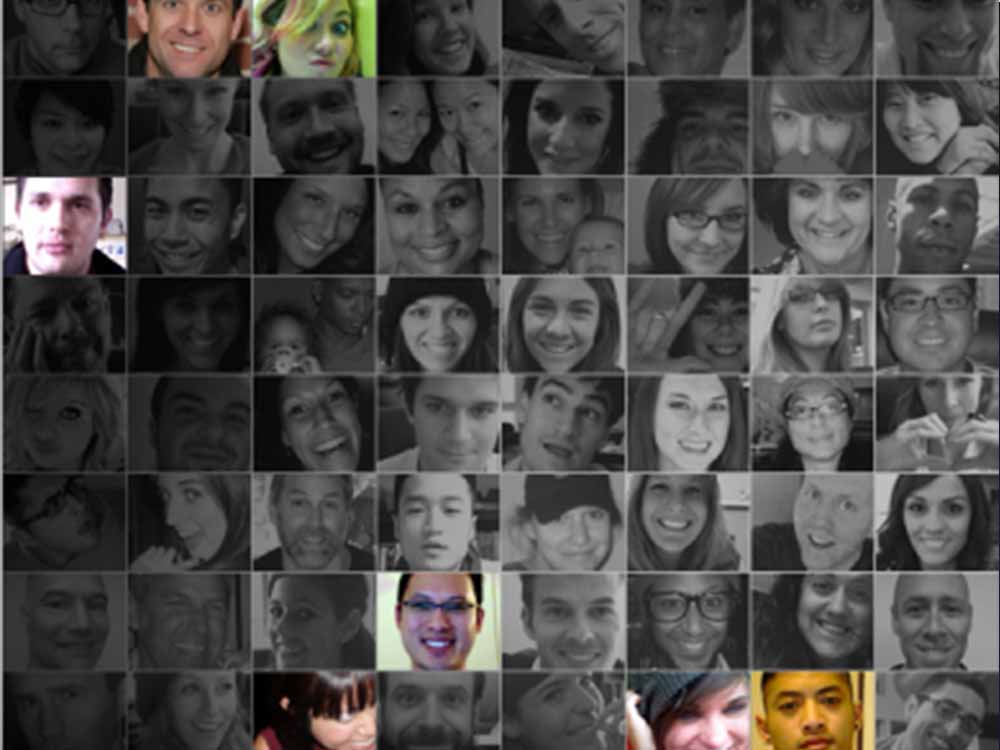Chatroulette in 2011 – A Virtual Playground of Random Connections and Evolving Trends
In 2011, Chatroulette was a virtual sensation, offering users a unique and unpredictable online experience through random video chats. This comprehensive exploration delves into the highs, lows, and transformative trends that defined Chatroulette during this intriguing year, from its explosive rise to the challenges it faced in maintaining a balance between novelty and user safety.
The Phenomenal Rise of Chatroulette
Launched in 2009 by Russian teenager Andrey Ternovskiy, Chatroulette gained immense popularity in 2011, becoming a global phenomenon. The platform’s premise was simple yet innovative: users could connect with strangers from around the world via webcam in a series of randomly generated encounters. This spontaneous and unpredictable nature fueled the platform’s appeal, attracting millions of users eager to experience the thrill of unscripted interactions.
By 2011, Chatroulette had transcended its initial niche audience and become a mainstream sensation, capturing the attention of media outlets, celebrities, and curious individuals seeking a novel online experience. The platform’s rapid rise reflected a cultural fascination with the potential for unexpected connections in the vast landscape of the internet.
Challenges and Controversies – Balancing Novelty and Safety
As Chatroulette reached the zenith of its popularity in 2011, it faced challenges associated with maintaining a balance between novelty and user safety. The platform’s openness to anyone with an internet connection meant that users encountered a wide spectrum of experiences, from humorous and lighthearted conversations to encounters involving explicit content and inappropriate behavior.
Controversies arose regarding user anonymity and the potential for misuse. Concerns about inappropriate content, harassment, and violations of privacy prompted discussions about the need for improved moderation and user guidelines. Despite the challenges, Chatroulette continued to attract users intrigued by the allure of spontaneous connections and the unpredictable nature of the platform.
Evolution of Features and Moderation Efforts
In response to the challenges it faced, Chatroulette in 2011 initiated efforts to evolve its features and enhance user safety. The platform introduced reporting mechanisms, allowing users to flag inappropriate behavior and content. Ternovskiy and his team also explored the integration of algorithms to identify and filter out explicit material, aiming to create a more user-friendly environment.
Additionally, Chatroulette experimented with new features, including the introduction of local chat rooms, topic-based channels, and verified accounts. These efforts aimed to provide users with more control over their experiences and mitigate the risks associated with random encounters.
Legacy and Influence – Chatroulette’s Impact on Online Interaction
While Chatroulette’s explosive popularity eventually waned, its influence on online interaction and video chat platforms persisted. The platform’s novel approach to connecting strangers laid the groundwork for subsequent social platforms that embraced elements of randomness and unpredictability.
Chatroulette’s legacy extended beyond its initial success, shaping the trajectory of social media and live video interaction. The challenges it faced underscored the need for responsible design and moderation in online spaces. The platform’s impact on internet culture became a case study for understanding the delicate balance between fostering innovation and addressing the risks inherent in virtual interactions.
In conclusion, Chatroulette in 2011 represented a moment of digital exploration and social experimentation. Its rapid rise, coupled with the challenges it encountered, encapsulated the evolving landscape of online communication. While the platform’s prominence faded, its legacy endured as a testament to the power of novel ideas and the complexities inherent in navigating the vast and unpredictable terrain of the internet.










